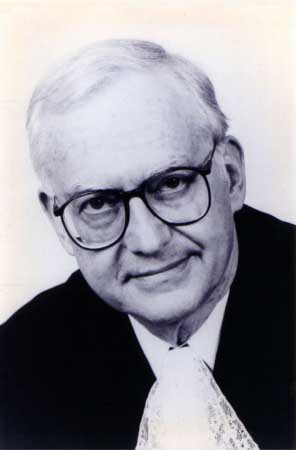
Last time when a non-Asian used the Jehlum Valley Road was at the peak of so called first Kashmir War. It was Sydney Smith, the celebrated reporter of Daily Express London who was rescued by a convoy that George Cunningham had sent to evacuate the trapped Europeans. That was November 1947.
After 64 years, India and Pakistan opened LoC for another non-Asian, this time an American jurist Judge Stephen Myron Schwebel. The road was occasionally being used by the members of the United Nations Military Observers for India and Pakistan (UNMOGIP) but never ever by anybody not living in the subcontinent.
But Schwebel, a former judge of the International Court of Justice, is not on a leisure trip. He is heading a seven member International Court of Arbitration that UN has appointed to settle a ‘dispute’ between India and Pakistan over the 330-MW Kishanganga power project. In fact, it was 30-member strong delegation, 10 each from India and Pakistan, the COA and the lawyers who represent both India and Pakistan.Schwebel is a leading figure in the fields of public international law and international arbitration. An independent arbitrator and counsel in Washington, D.C, he has served as the President of the World Bank Administrative Tribunal since October 2010.
The Court of Arbitration (COA) was constituted in Netherlands on basis of the compliant made by Islamabad. The court would examine the “dispute” and decide on the issue. India and Pakistan are constructing a power house on either side of the LoC. After a series of talks failed to arrive at a consensus on the crucial power generation on Kishanganga (Neelam) river near LoC, Islamabad termed it a ‘dispute’ and sought constitution of a court of arbitration.
NHPC’s 330-MW Kishanganga project in Gurez-Bandipora belt would divert part of the flow from Kishanganga river, generate energy and discharge it in the Wullar lake. The treaty permits a seven-member court of arbitration. It has two members each nominated by the two countries and three neutral umpires – one presides over the bench, second a legal expert and third a technical expert. So Peter Tomka, a Slovak diplomat and sitting judge (vice president) of The Hague based International Court of Justice and Lucius Caflisch, a Swiss expert in international law represent New Delhi. Bruno Simma of the International Court of Justice, and Jan Paulsson, Norwegian head of an international law firm are Islamabad’s nominee’s in the COA.
After a couple of hearings, the COA finally decided to visit the sites on the two sides of the divide. The treaty envisages different kinds of dispute resolution between India and Pakistan. However, the ‘dispute’ over the Kishanganga is to be taken care of by the COA, In fact, some of the lawyers that the two countries had engaged for Baglihar are also representing them in COA as well.
…………. R S Gull















